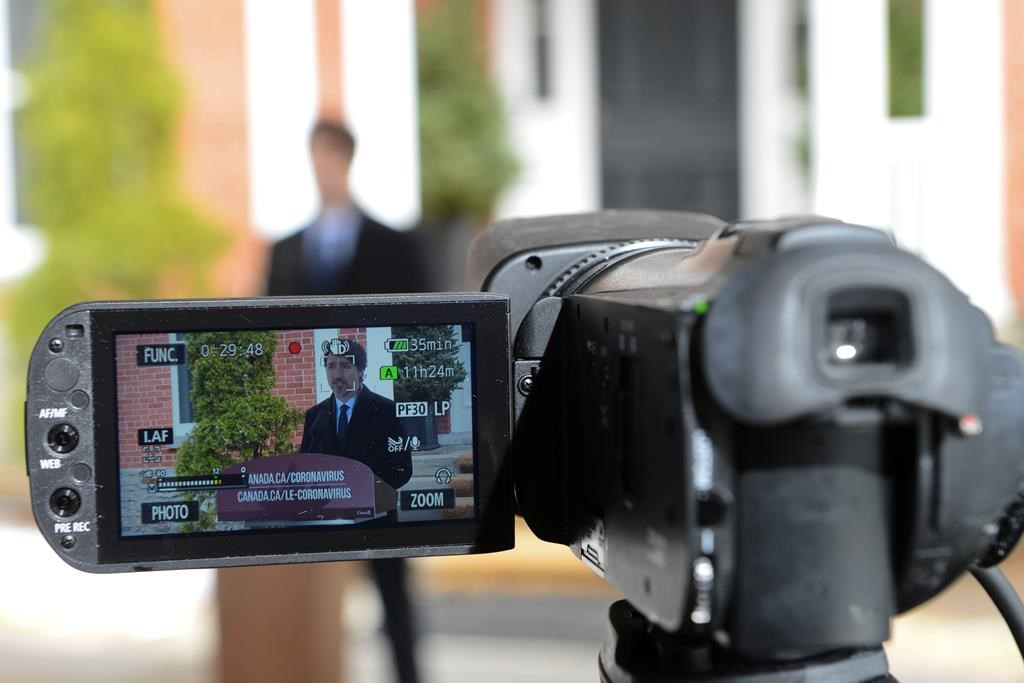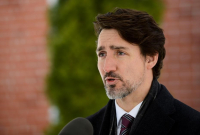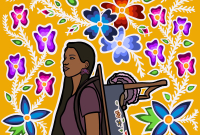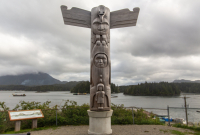Support strong Canadian climate journalism for 2025
Canada's urban Indigenous population is being left behind by the federal response to the COVID-19 crisis, according to the The National Association of Friendship Centres.
Friendship centres across the country have been on the front lines of the crisis and have been inundated with requests for help as their communities struggle to cope, the association told the House of Commons health committee Tuesday.
Workers and volunteers have been cooking and delivering food and traditional medicines, responding to a rising number of calls about sexual and family violence, and helping people address their medical needs, executive director Jocelyn Formsma told the committee.
On top of that usual work, they’re being asked to deliver services to Indigenous community members on behalf of non-Indigenous agencies and to lead task forces to address the needs of urban Indigenous Peoples.
All the while, she said they're struggling to function without additional funds from the federal government to provide all those services.
The federal government pledged $305 million to help First Nations, Inuit and Metis communities, with $15 million set aside for organizations providing services to those living off reserves or in urban centres.
Conservative MP Gary Vidal told the committee that, while more than half of Indigenous Peoples in Canada do not live on reserves, the organizations that serve them received only five per cent of the funds.
Christopher Sheppard-Buote, president of the friendship centres association, called the government's approach "disrespectful."
"The fact that there was a structure that was that under-funded and competitive ... to me, it was disrespectful," Sheppard-Buote said.
While there was no deadline or application for Indigenous communities looking to access government funds, community organizations in urban settings had to put together a proposal by April 13.
Sheppard-Buote said the application process and tight deadline put undue burden on organizations who are already struggling to serve their communities. He said some community organizations simply don't have the capacity, and are therefore disqualified from any COVID-19 relief funding at all.
The money also doesn't cover all the needs across Canada, he said.
"It's not enough money. Period."
The National Association of Friendship Centres was notified Monday it would receive $3.7 million, which will be distributed to its more than 100 member centres.
"We certainly appreciate the support but we know these funds will not last long," said Formsma.
Sheppard-Buote told the committee that there is a misconception that because people live in a city things must be better for them, but inequalities persist.
While he believes there needs to be special consideration for remote, northern communities and people living on reserves, public policy also needs to acknowledge urban Indigenous populations.
"My hope is that as we move forward ... those responses are actually responsive to what the reality is for urban people, and for Indigenous people in this country," he said.
This report by The Canadian Press was first published April 21, 2020.





Comments